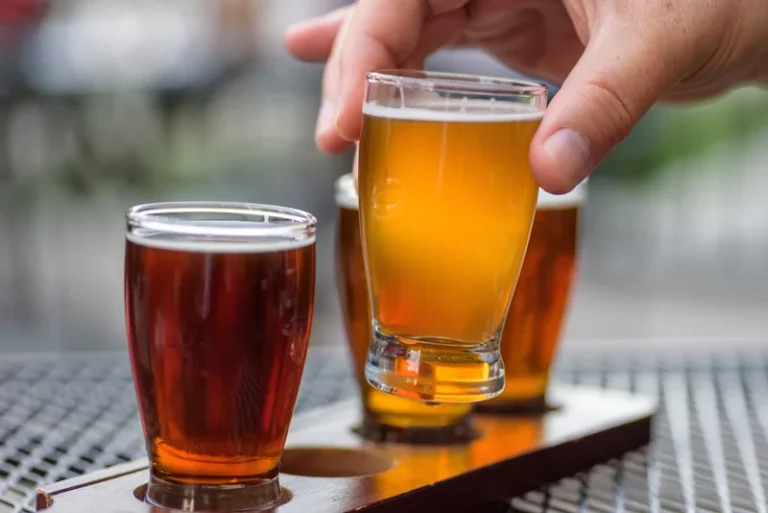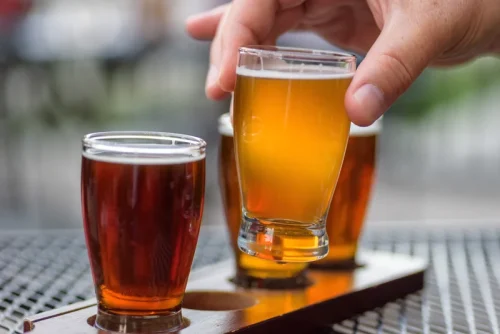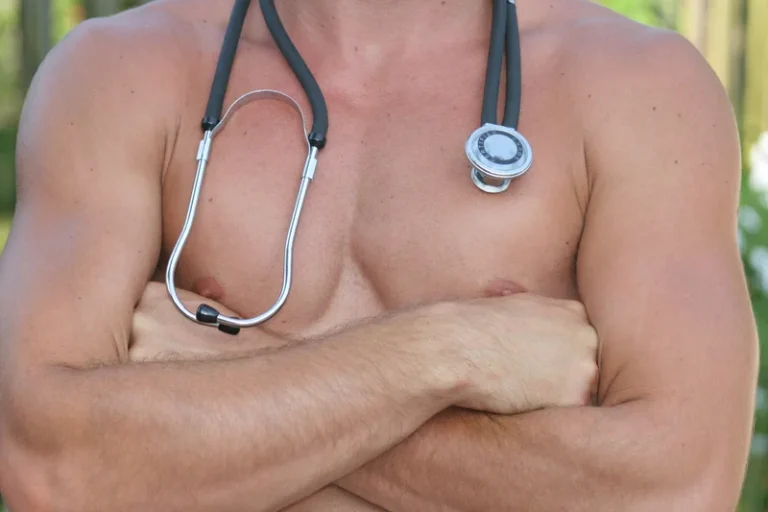I Quit Alcohol for 30 Days Heres What Happened

Sleep disorders are conditions that affect the quality and quantity of your sleep and can have a significant impact on your overall health and well-being. If you’re relying on alcohol to fall asleep, you should seek out healthier alternatives. You can do this by speaking to your doctor, practicing mindfulness techniques, or by incorporating regular sleep schedules and calming bedtime routines. Avoid napping during the day, don’t smoke or drink caffeine before bed, and cut down on your screen time as you’re settling down to sleep. Have one last small glass of water before bed, then fill a glass to keep on your nightstand in case you get thirsty later.

How Does Alcohol Withdrawal Affect Sleep?
- During a typical night’s sleep, we cycle through different stages, including light sleep, deep sleep, and rapid eye movement (REM) sleep.
- In addition to causing insomnia, alcohol can also contribute to the development of sleep disorders.
- This may result in the person verbally or physically acting out their dreams, which may cause abnormal behaviors such as kicking, flailing, jumping or yelling during sleep.
- If you’re having problems with sleep due to alcohol abuse, seek professional help immediately.
Ideally you would cut yourself off so most of the alcohol https://ecosoberhouse.com/ in your system has been metabolized before you even get home and try to sleep. This way you get decent rest and miss out on the hangover the next day. If you want a ballpark estimate, aim to cut yourself off at least four hours before you go to sleep. Unsurprisingly, studies of people with insomnia have also found that heavy alcohol use exacerbates insomnia. People who wake up feeling unrefreshed may be more likely to rely on alcohol again to help them sleep the next night, leading to a counterproductive pattern of alcohol use.
Explore Sleep Foundation
- Remember, good sleep is fundamental to your overall health and well-being, so it’s worth investing the time and effort to get it right.
- People suffering from depression may already have disrupted circadian rhythms, and the presence of even moderate amounts of alcohol may push those rhythms further out of sync.
- As we delve deeper into this topic, we’ll explore the intricate ways in which alcohol influences our sleep patterns and discover effective strategies to mitigate its negative effects.
- It helps to know how many units are in a drink – 14 units is the same as six pints of average-strength beer or ten small glasses of lower-strength wine.
- Studies have shown that short-term alcohol use can shorten the time it takes to fall asleep.
- Focus on stabilizing your gut so you don’t get indigestion and providing your body with the vitamins and nutrients it needs to process the alcohol efficiently while you sleep.
It may sound like a good idea to spend more time in deep sleep. REM sleep, which gets shortchanged in the first half of the night under the influence of alcohol, is important for mental restoration, including memory and emotional processing. Though alcohol may help you fall asleep faster, it can disrupt the important REM stage of your sleep cycle, leading to lack of sleep or sleep disorders like insomnia. Symptoms of co-occurring disorders may heighten when marijuana addiction you stop drinking alcohol. This typically happens to people who use alcohol to cope with the effects of mental health disorders.
Studies on Alcohol and Sleep
Drinking heavily over time can also disrupt the chemical messengers in the brain, which can affect sleep. While I tamed things once I graduated, I still had a deep appreciation for beer and wine. I used to wait in line for special releases at craft breweries. My father-in-law owns two prosecco vineyards in Italy, and he often rolls up to our house with boxes of wine.

While you may fall asleep faster after drinking alcohol, the quality of your sleep is often compromised. Untreated sleep disorders can have long-term effects on your health. Sleep apnea, for example, has been linked to an increased risk of high blood pressure, heart disease, stroke, and diabetes. Restless leg syndrome can cause discomfort and disrupt sleep, leading to daytime fatigue and decreased quality of life. Alcohol is a muscle relaxant, so consuming alcohol at bedtime can make a person more prone to experience a blocked airway.
Alcohol and Insomnia’s Relationship with Co-occurring Disorders
An uncomfortable sleep environment can make getting a good night’s rest challenging. Although there’s no evidence that alcohol can cause narcolepsy (sleepwalking), it does disrupt REM sleep, insomnia after drinking alcohol which may make the onset of sleepwalking more likely. Here are some changes you can make to your environment and routine to help promote sleep if you’re struggling in early sobriety. Sunnyside uses a psychology-based approach to help you drink more mindfully, no matter what your goal is. You’ll get a 100% custom plan, then use daily texts to track your progress and help you stay on target. Drinking alcohol relaxes the muscles around your throat, making you more likely to snore too.
Will a small amount of alcohol affect my sleep?
The circadian rhythm also plays an important role in kidney function. While your internal clock regulates the kidney’s release of electrolytes and works to filter fluids, alcohol inhibits these processes. It is recommended you increase your daily water consumption and avoid drinking alcohol before bed to prevent its dehydrating effects.

Advice From a Sleep Doctor

Alcohol can cause fragmented sleep by disrupting the natural sleep cycle. It suppresses REM sleep and increases the production of adenosine, leading to frequent awakenings throughout the night. This can result in a feeling of not being well-rested, even after a full night’s sleep. The impact of insomnia on overall health should not be underestimated.